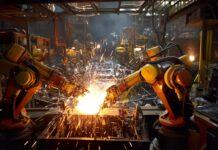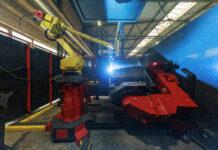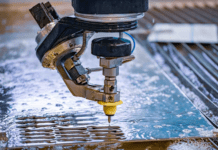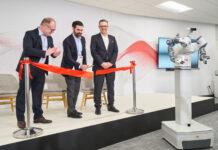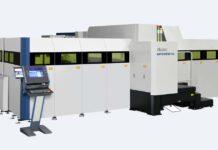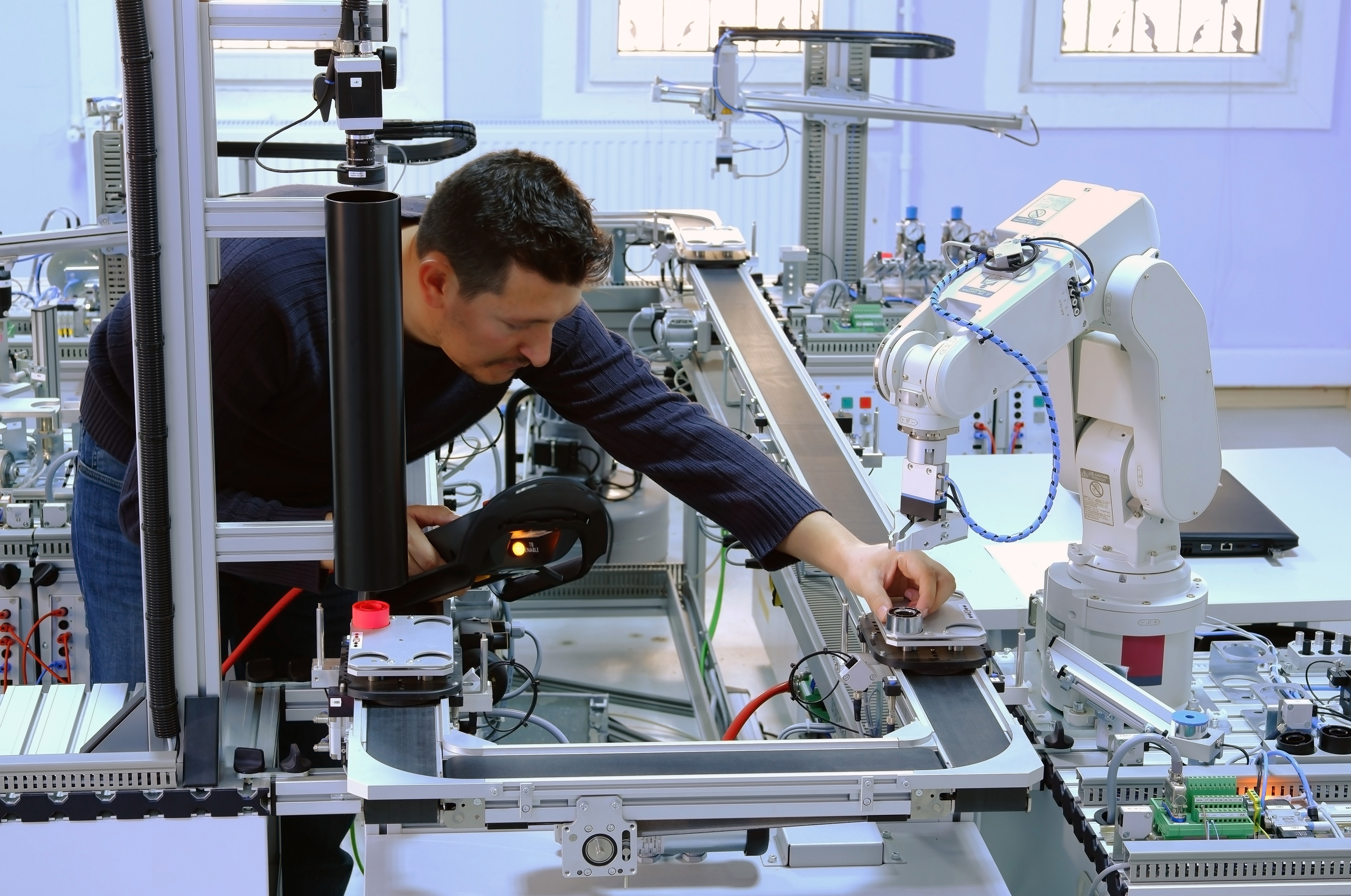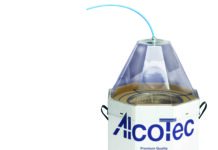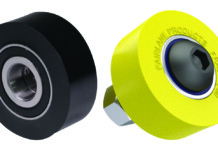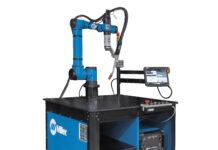For manufacturers, the continual need to increase production speed and efficiency while reducing labor has spurred a shift toward implementing automated systems. However, off-the-shelf equipment will not accommodate every application, particularly those that are complex with robots and conveyors, as well as a host of equipment for manufacture, assembly, packaging, labeling, palletizing, etc. that must be flawlessly coordinated. For this reason, even some large automation companies will not take on applications considered too difficult.
In such cases, companies looking to increase the speed and efficiency of their manufacturing lines need an automation partner that can quickly and cost-effectively deliver tailored, even custom solutions. This includes the ability to design, build, and integrate high-speed, high-volume automated equipment and systems for some of the largest companies in the world, as well as growing corporations seeking to become world-class.
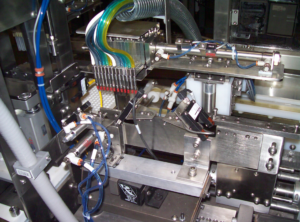
For projects of any size, however, it is often crucial to partner with an expert supplier to overcome a range of obstacles such as meeting specifications and regulatory requirements, system integration, and necessary customization, as well as completing the work on time and within budget.
“While implementing off-the-shelf solutions can be a starting point for some projects, automating and incorporating robotics frequently requires a custom solution that meets very specific process requirements. For this reason, even large suppliers in this space will often pass on opportunities if they are not easily resolved,” says Leon Gurevich, founder and President of Rapid Development Services (RDS).
RDS is an industrial automation equipment builder, providing design, engineering, integration and fabrication of production machinery. The company has implemented over 300 complex, robotic, assembly and manufacturing projects worldwide, and has been awarded more than 40 patents.
So, at the risk of delay or failure on larger, more complex projects it is particularly important to work with a supplier that not only has expertise, but is also nimble and flexible.
“When it comes to automating production, equipment can range from very small to complete lines several hundred feet long that can consist of robots, conveyors, vision systems, server drives, etc.,” says Gurevich, who has worked with companies such as Anheuser Busch, Johnson and Johnson, Cargill, General Mills, Abbott Labs, Pfizer, Medtronic, and Cooper Industries. “So, automation suppliers and integrators need a ‘tool box’ full of solutions including the ability to design and build from scratch in order to fit together all the pieces of the puzzle.”
In the case of RDS, the company typically uses standardized off-the-shelf solutions and integrates it with other systems, but can design and manufacture equipment and sub-systems from scratch, as needed. This includes equipment such as automated assembly solutions, inspection systems, packaging equipment, labeling/marking systems and palletizing automation, as well as filling systems and machine tending automation.
As an example, after trouble with an initial vendor, this approach helped Monsanto Dairy Group stay on schedule with the construction and start-up of a veterinary pharmaceutical facility in Augusta, Georgia, according to Chris R. Redford, P.E., Principal Pharmaceutical Engineer, Monsanto AG Engineering, St. Louis, MO.
“The custom handling system [originally] purchased by the construction was found unacceptable after a full year of design and fabrication effort. This put us in a very difficult position. We either had to accept a poor-quality piece of equipment – and modify it to meet our requirements, or accept a lengthy schedule delay,” stated Redford.
In response, Redford turned to RDS, and credits its effort in getting the facility rollout back on track.
According to Redford, in working with RDS, “We were able to design a new handling system from scratch in just a few weeks. [Rapid Development Services] designed the new system in modular sections that could be brought into the facility through standard door openings. This allowed us to continue facility construction with no delay.”
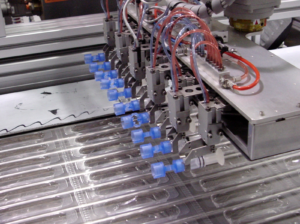
Despite the complexities of manufacturing automation, due to market requirements even very technical systems often have to be developed and put into production under compressed time schedules.
Such was the case when wireless communications manufacturer Triton Network Systems created a high-volume manufacturing line for the assembly of high frequency, RF modules used in the broadband wireless industry, according to Joseph Kreuzpaintner, Principal Engineer at Orlando, Florida-based Triton Network Systems.
Kreuzpaintner stated that the manufacturing requirements involved precision alignment and mounting of odd shaped components, dispensing of epoxy, electrical testing of product on laser equipment, in-line processing of modules at a heated test station, installation of cables, and mechanical assembly of a circuit card to a housing.
He notes that after conducting a survey of integration companies meeting Triton’s manufacturing work cell requirements, RDS was selected as the primary equipment integrator for the Module Factory at Triton, which helped to expedite project completion.
“Rapid Development Services’ technical expertise in handling products, test socket and integration methods, precision in machining, robotic, PLC and actuator integration, and customer support have allowed Triton Network Systems to complete the integration of five work cells within 9 months. Their participation in the project has provided… solutions that were identified by other integrators as “not possible” or “need 12 months to develop,” stated Kreuzpaintner.
When automated manufacturing systems are developed, the equipment must also be robust enough and the integration reliable enough to operate with near flawless capability and minimal supervision for the long haul.
In this regard, a distinct advantage can be gained when working with an integrator that can couple the knowledge of custom machine building with standardized robotics, as well as develop specific control and communication support between production machinery and operator or inventory management systems.
Pohlman, Inc, a Chesterfield, MO-based manufacturer of screw machine products benefitted from such an approach, according to Hank Studt, Pohlman President.
“RDS has provided 3 different automatic robotic pick and place machines that have been in use at Pohlman, Inc for over 10 years. The machinery has operated without any service needed by them. This technology helped us to get our products into mass production with a competitive advantage,” stated Studt.
He concludes, “The flexibility of 6-axis robotic technology allows us to produce an array of products on the same equipment while maintaining a high-quality product. We have relied on this equipment to continue serving our customers.”

